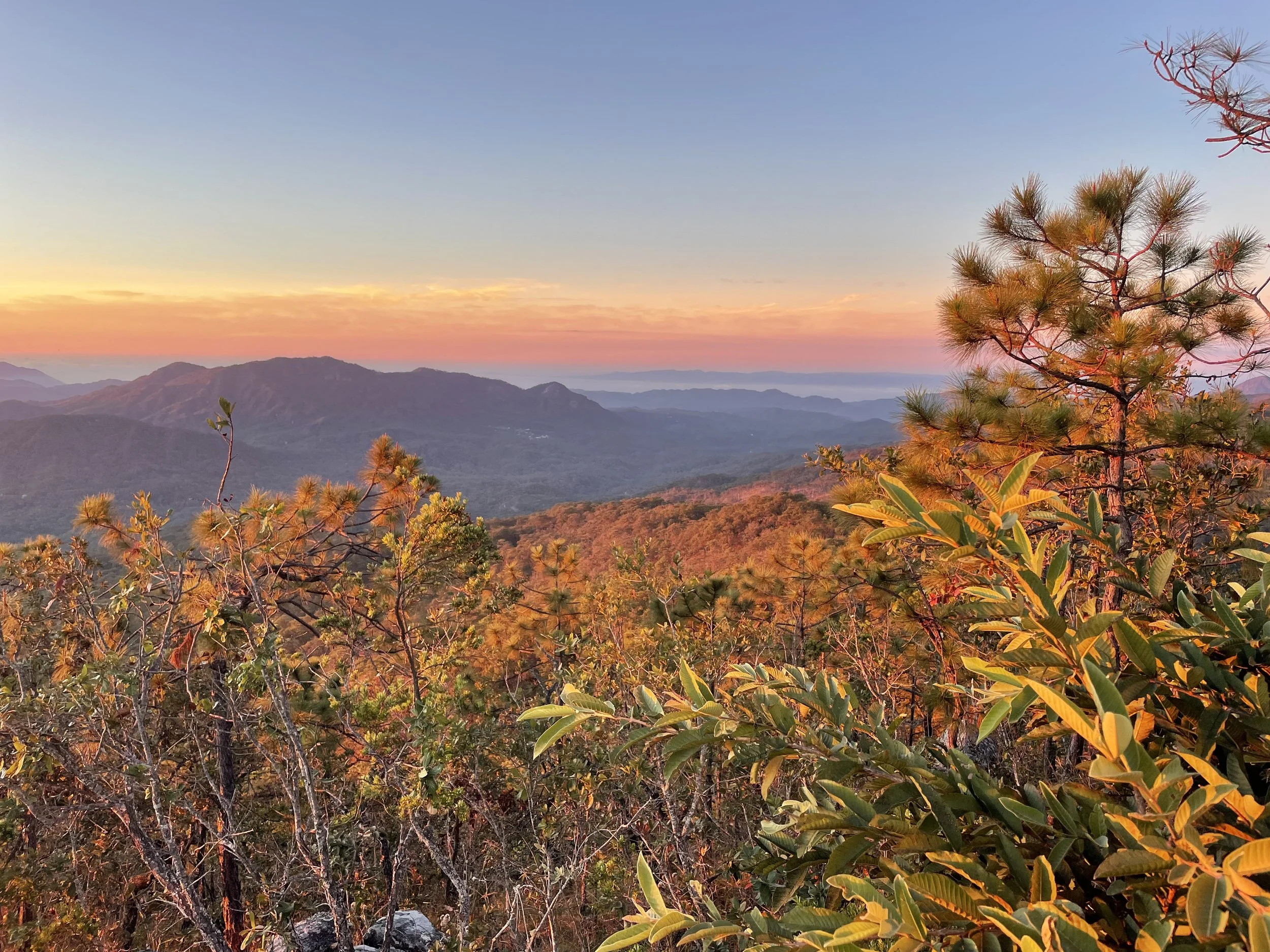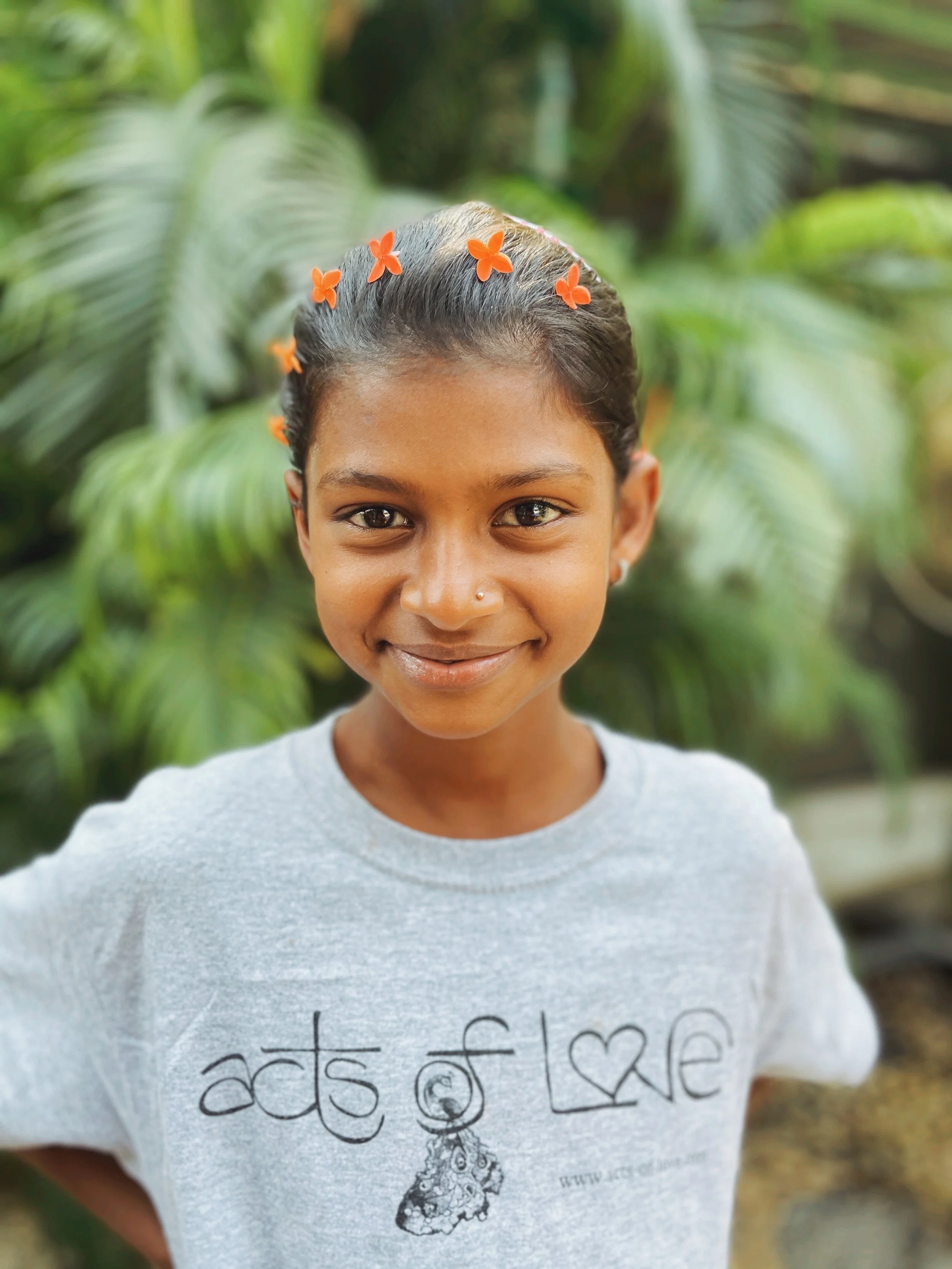Bugum Chugu
Like a cross between Halloween in Brooklyn and a night on the playa
at Burning Man, Bugum Chugu is the fire festival of Dagbon, celebrated
in the first month of the Dagomba lunar year. Spend a night on the streets
of Tamale in northern Ghana, where mobs, fire, and weapons rule the night.
The gate to my compound is usually deadbolted by 9 pm. However, tonight is Bugum Chugu—the fire festival of Dagbon. This is the time of year when locals gather outside the chief’s mud house in the town centre with bundles of tall grasses in hand. The air is thick with revelry as painted bodies weave through the crowds, snack vendors effortlessly carry their wares atop their heads, and children run round in an excited frenzy.
It is the Islamic calendar's first day of the Lunar New Year, though locals tell me that Bugum Chugu’s origins stretch further back than Islam’s influence in Ghana.
As the story goes, a king lost his son when he played with his friends. When both he and the mother realized he was missing, they assembled a search party of warriors to go around each neighbourhood looking for the boy. By the flame of grass-lit torches, they finally found him fast asleep beneath a tree. It was believed that the tree itself stole the child and hid him from his parents. Therefore, it was deemed that the tree was evil, and the torches were thrown on it to shame it.
In present times, Dagomba revellers celebrate their history by painting their bodies in a war-like manner, carrying flames through the street, and even wielding knives and locally made guns to show their power. Gangs of participants take to the streets in large numbers, often neighbourhood by neighbourhood, shouting war cries, beating their drums, and dancing wildly. The atmosphere is intensely feverish and at times, downright scary.
In some way, Bugum Chugu looks like a cross between Halloween in Brooklyn and a night on the playa at Burning Man.
The entire display makes it very apparent that Dagombas are a fierce bunch.
If it were not for the women and children in attendance, I would've felt I was in the wrong place at the wrong time.
However, despite the crowds' hysteria, people are welcoming and overjoyed to share their culture with me. The Dagomba are proud of who they are and where they come from, and I am sure I kicked off the Islamic New Year with the blessings of the ancient Gods of this land.


















































